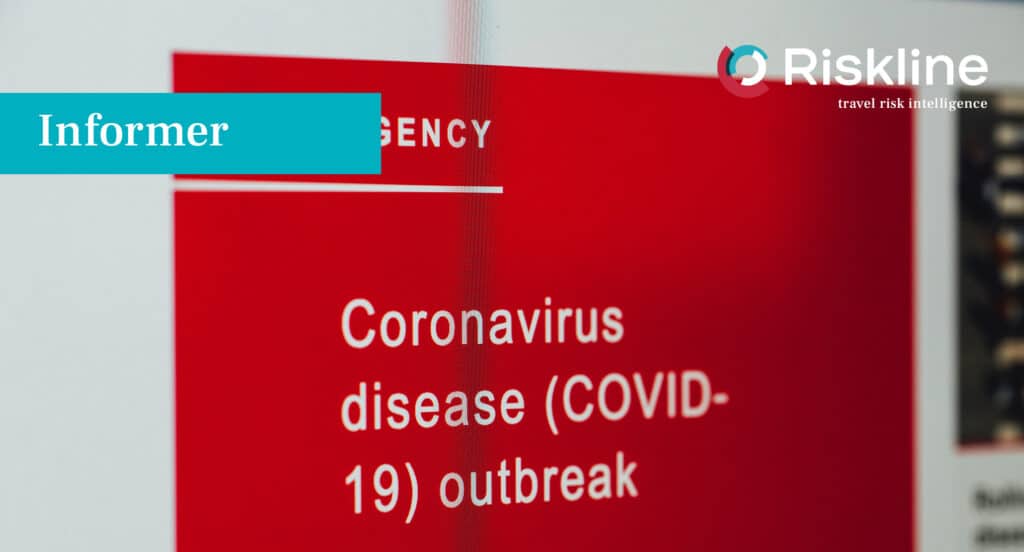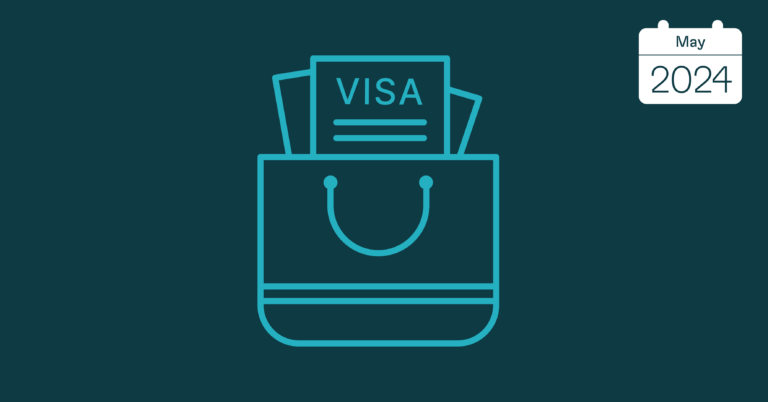Prime Minister Boris Johnson ordered the British public to stay at home on 23 March as part of a three-week lockdown – which was later extended on 16 April for a further three weeks – to combat the spread of the novel coronavirus (COVID-19). The announcement came after a weekend where some sun-seeking Brits flocked to beaches and parks in defiance of social distancing measures. As of 4 May, the official death toll due to the virus stood at 28,446, however, the actual figure is predicted to be much higher as deaths occurring outside of hospitals, which represent around 20 percent of COVID-19-related deaths, are not included in the numbers. The UK, which is yet to reach its peak, is expected to have one of the highest death tolls in the world due to the virus, with figures from the Institute for Health Metrics and Evaluation (IHME) suggesting the first wave of the outbreak could result in at least 66,000 people dying. The lockdown has become the new normal for people in the UK and this article touches on some of the things which have come to light after the first three weeks, namely pressure on the National Health Service (NHS), increased poverty and a greater sense of community.
It’s worth nothing that although the measures are being labelled as a “lockdown”, people are still allowed to go outside for food, health reasons or work (if you are unable to work from home) and must keep 2 metres (6ft) away from other people. While for many in the UK the measures seem severe, they are actually a lot less strict than similar measures adopted in other European countries. The United Kingdom was one of the last two countries in Europe to close schools – the other being Belarus which had only recorded 79 deaths by 28 April – and even then it was only a partial closure. Unlike most other countries, there is currently no entry ban or mandatory quarantine for international travellers arriving in the country and the government has so far refused to close the borders. The government’s response has been inconsistent from the beginning and the reluctance to implement more stringent measures sooner is likely to have exacerbated the current public health crisis.
Support for the NHS has boomed amid the outbreak as medical workers have become the nation’s new heroes. Companies, celebrities, athletes and the public have all shown support for the NHS, whether financial, moral or otherwise. However, despite the government’s encouragement to rally behind the NHS, the years of cuts and underfunding preceding the current crisis have exacerbated the current situation. Already short staffed, the number of medical workers off sick due to the virus has further stretched the NHS’s capacities, while a lack of personal protective equipment (PPE) for those on the frontline threatens to expose more staff to infection and potential death. A lack of ventilators led the government to call on dozens of manufacturers to make up at least 20,000 more for the national effort. The government has also called on the private sector to help carry out testing as the UK is only able to carry out around 30,000 tests per day, way behind the 100,000 tests per day target by the end of April. The NHS is likely to be strained further and no amount of moral or financial support will immediately be able to compensate for the government’s slow response to the outbreak.
A second observation under the lockdown is that the current pandemic is worsening poverty in the country, where around 14 million people already live in poverty, due to austerity policies over the past decade combined with mass job losses since the outbreak began. Over a million people have applied for Universal Credit, a social security system which has already been the subject of harsh criticism, since the start of the lockdown and more are likely to apply in the near future. While a percentage of the country’s workforce have moved to remote-based working, a move which has prompted a rise in back, neck and shoulder problems, those on lower incomes or with less secure jobs are unable to work remotely and face being fired or are at greater risk of exposure by going to work. Despite several new policies implemented by the government for the newly unemployed, the self-employed and businesses, economic anxieties look set to stay beyond the end of the pandemic and poorer communities will continue to bear the brunt of the fallout.
It’s hard to look for positives during situations like the one we find ourselves in, however, as Brexit has disappeared out of public view and the initial panic which saw people stockpiling toilet rolls has worn off, a greater sense of responsibility and community has emerged for some in the UK. People have learned new ways to feed themselves and their families, in part due to shortages of staples such as pasta, bread and rice, and some have gone as far as growing their own vegetables. Jamie Oliver’s new show teaching people how to cook using items from the freezer and cupboard has inspired some, while others have been unable to buy olive oil to follow his recipes anyway. Friends and families have reconnected over a coffee or a beer via zoom, skype or another alternative and people have applauded the NHS and other essential workers at 8pm every Thursday. Mutual aid groups have popped up around the country as volunteers pitch in to help out the more vulnerable members of society. The individual and community efforts mirror the experiences seen in other countries during similar lockdowns as people try to be optimistic about the situation they find themselves in.
The lockdown in the UK could be prolonged for several more months due to the number of possible COVID-19 cases and deaths the country looks set to have. Personal responsibility and a community effort are important at a time like this, however, when isolation fatigue kicks in and the sun comes out, the British people’s willingness to commit to the lockdown will be tested. More stringent measures could be enforced by police to ensure people stay at home and help relieve some of the strain on the NHS and our medical workers. Regardless of how the lockdown plays out in the weeks ahead, the effects of the pandemic will continue to be felt after the last case has been cured, especially in poorer communities, and the British people will again have to adjust to the new normal when that situation comes around.
Samir Brahimi is a UK-based political and security risk analyst covering Middle East.















